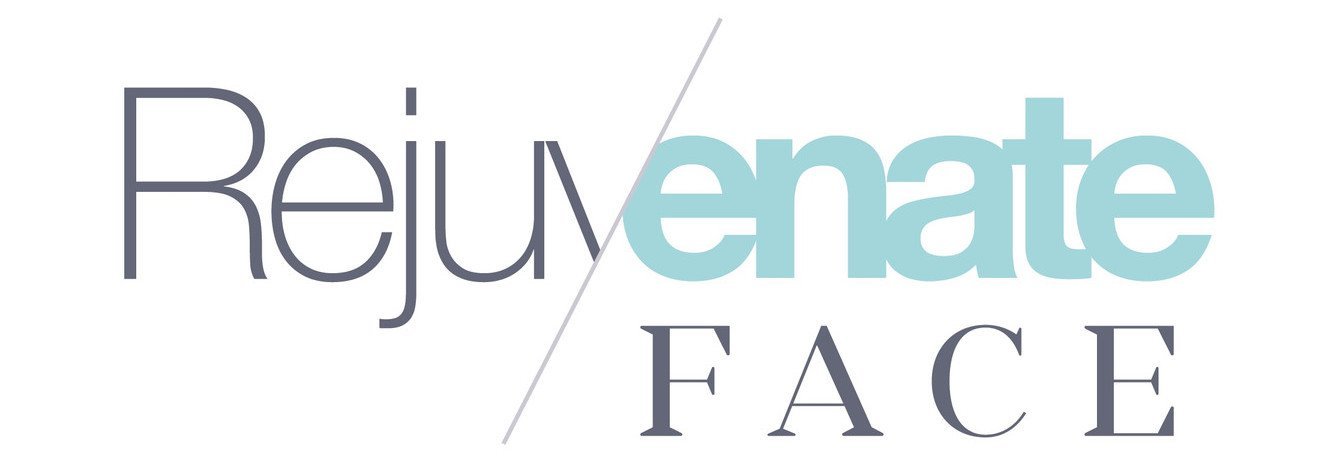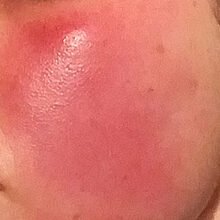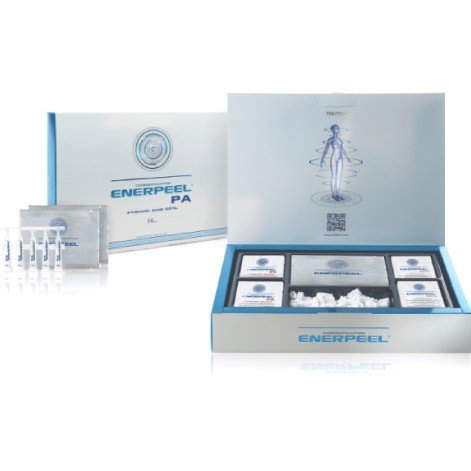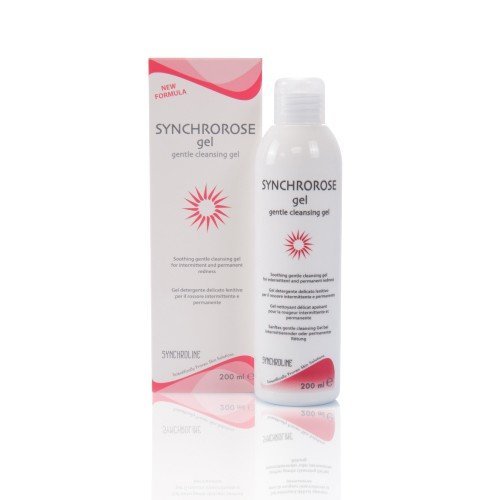Rosacea Subtypes: Understanding the Different Forms
1. Erythematotelangiectatic Rosacea (ETR):
- Key features: Persistent facial redness, flushing, and visible blood vessels (telangiectasias).
- Common areas: Primarily affects the cheeks, nose, chin, and forehead.
- Additional symptoms: May include burning or stinging sensations, skin sensitivity, and swelling.
2. Papulopustular Rosacea (PPR):
- Key features: Redness, swelling, and acne-like breakouts with papules (small, red bumps) and pustules (pus-filled bumps).
- Common areas: Often appears on the cheeks, chin, and forehead.
- Resemblance to acne: This subtype is often mistaken for acne but requires different treatment approaches.
3. Phymatous Rosacea:
- Key features: Thickening of the skin, often on the nose, leading to a bumpy, enlarged appearance (rhinophyma).
- Rare subtype: Less common than ETR and PPR.
- Primarily affects men: More prevalent in men than women.
4. Ocular Rosacea:
- Key features: Primarily affects the eyes, causing redness, dryness, irritation, and a gritty or burning sensation.
- May occur with other subtypes: Often accompanies other forms of rosacea.
- Impact on vision: Can lead to blurred vision and discomfort.
Important Note:
It is possible to have a combination of rosacea subtypes, with symptoms overlapping and varying in severity.






